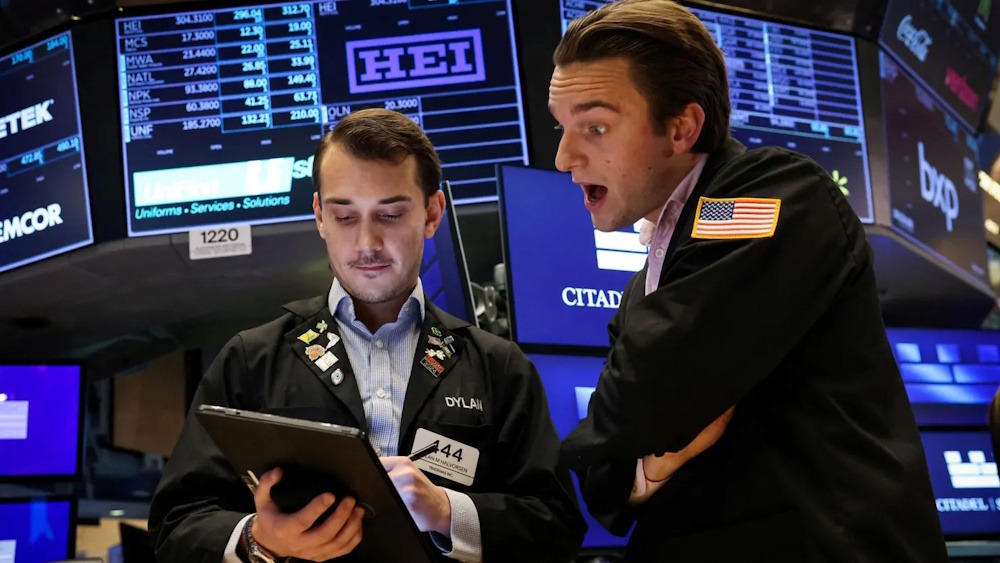
Stock futures experienced a modest increase early Wednesday following a federal court ruling in an Alphabet antitrust case, which has generated optimism regarding the ability of tech giants to navigate regulatory challenges. S&P 500 futures increased by 0.07%, whereas Nasdaq-100 futures experienced a rise of 0.23%. Futures associated with the Dow Jones Industrial Average experienced a decline of 145 points, translating to approximately 0.32%.
Shares of the Google parent surged over 7% in after-hours trading following a federal judge’s ruling on Tuesday, which determined that Google may retain its Chrome browser. However, the company is prohibited from entering into exclusive search agreements and is required to share its search data. The decision circumvented the most unfavorable scenario for the technology behemoth, largely reflecting the notion that artificial intelligence has enhanced consumer choice. The decision further allows Apple to maintain its practice of preloading Google Search on its iPhones, a financially beneficial arrangement for the company.
The company, which is concurrently dealing with its own antitrust case, experienced an increase of over 3% in its share price. September trading commenced unfavorably, as equities experienced a decline in momentum throughout Tuesday’s trading session. All three major U.S. indexes concluded the session with losses as investors took the opportunity to realize profits from the summer rally. The Dow Jones Industrial Average experienced a decline of approximately 249 points, translating to a decrease of 0.55%, whereas the S&P 500 recorded a loss of nearly 0.7%. The Nasdaq Composite experienced a decline of approximately 0.8%, driven by losses among major technology firms, with Nvidia concluding the trading session down roughly 2%.
Tuesday witnessed an increase in bond yields. The yield on the 10-year Treasury surged to 4.27%, whereas the 30-year yield exceeded 4.97%. Yields increased as market participants assessed the implications of a federal appeals court ruling on Friday, which deemed many of President Donald Trump’s global tariffs illegal. The ruling may compel the United States to reimburse the substantial revenue generated from trade tariffs. September tends to exhibit a historically subdued performance for U.S. equities. September has historically been the most challenging month for the S&P 500 since 1950, recording an average return of -0.7%.
“Stocks are entering September with a time out from the recent calm,” Wren stated. “Market volatility is expected to rise, particularly in equities and both short- and long-term fixed income, as economic growth decelerates, the effects of tariffs materialize gradually, and political uncertainties persist.” Market participants are closely monitoring the August jobs report set to be released on Friday, viewing it as a significant indicator for stock performance.
